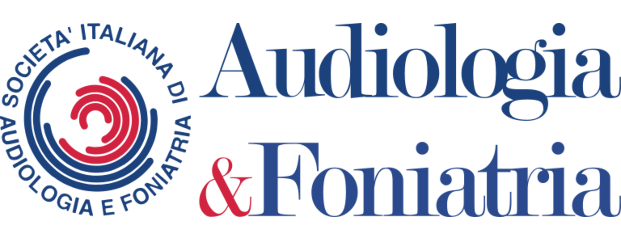Abstract
The additional cognitive effort required during listening activity, for example in case of inadequate acoustic conditions, may lead to a general worsening of cognitive performances, especially in children, who are still developing adult-like language skills which may help them compensating for inaccurate speech recognition. For this reason, it is increasingly important to have a more objective method for assessing listening effort. Pupillometry could be a good solution for evaluating the effect that background noise has on children’ cognitive abilities, particularly in the case of hearing-impaired children. As it has been proved that eye pupil dilation can be considered a psychophysiological marker of cognitive effort, pupillometry may indeed be a practical and reliable method for this type of evaluation. This review aims to provide more information on this technique and how to use it when assessing listening effort in children.
Download
Gheller F., Spicciarelli G., Gomez-Merino N., Trevisi P. (2020) "Pupillometry in children: a good method for assessing listening effort
" Audiologia e Foniatria, 5(1), 3-14. DOI: 10.14658/pupj-IJAP-2020-1-4
Year of Publication
2020
Journal
Audiologia e Foniatria
Volume
5
Issue Number
1
Start Page
3
Last Page
14
Date Published
12/2020
ISSN Number
2431-7008
Serial Article Number
4
DOI
10.14658/pupj-IJAP-2020-1-4
Section
Articles

 © 2026 Padova University Press - Università degli Studi di Padova
© 2026 Padova University Press - Università degli Studi di Padova